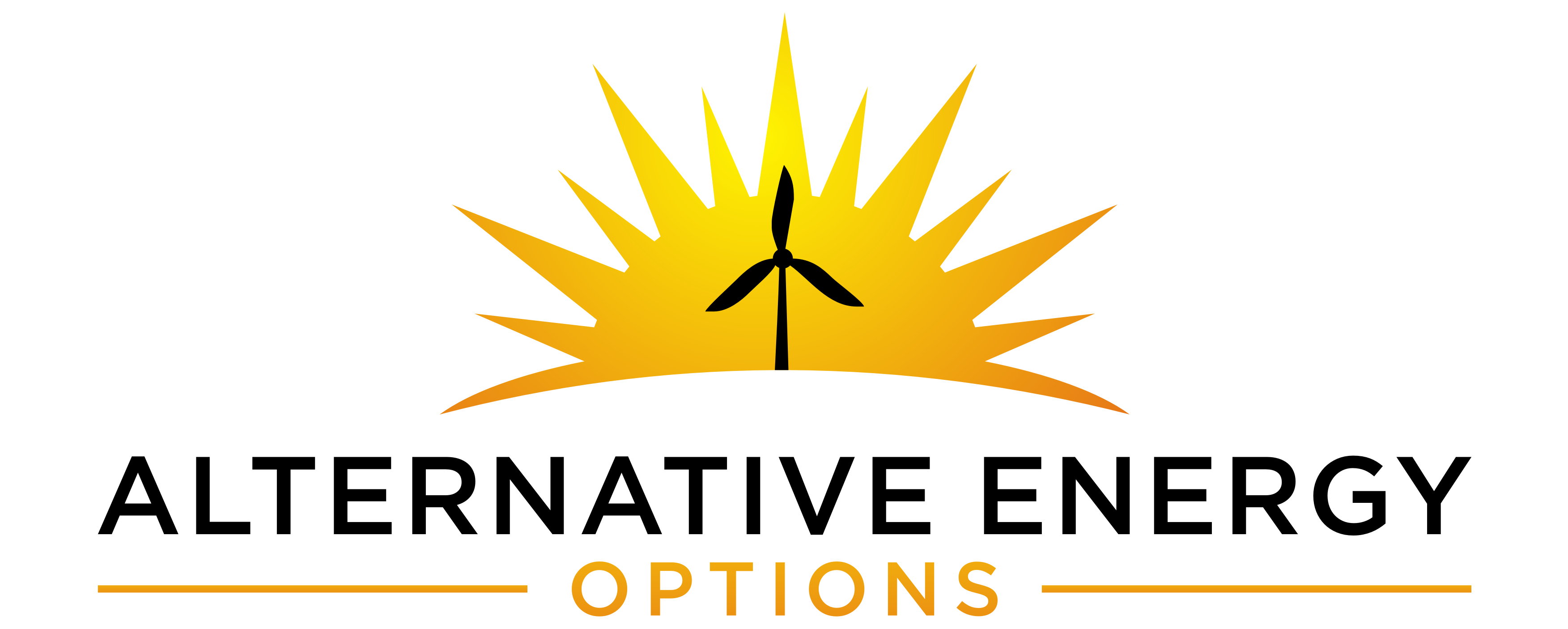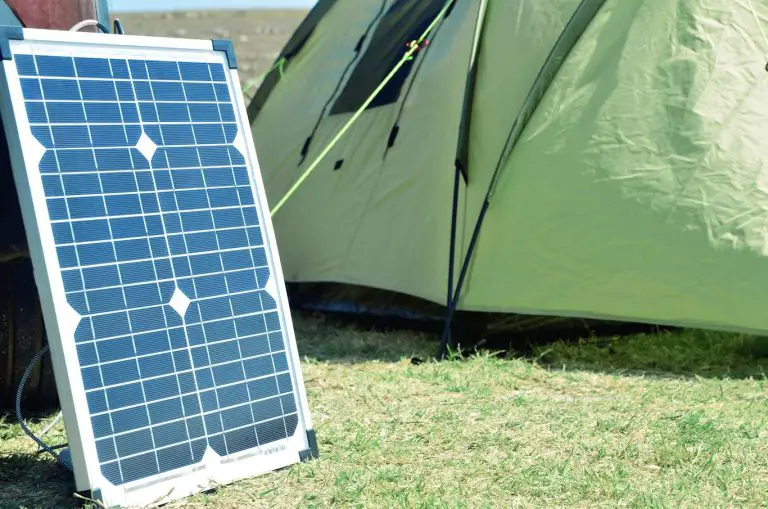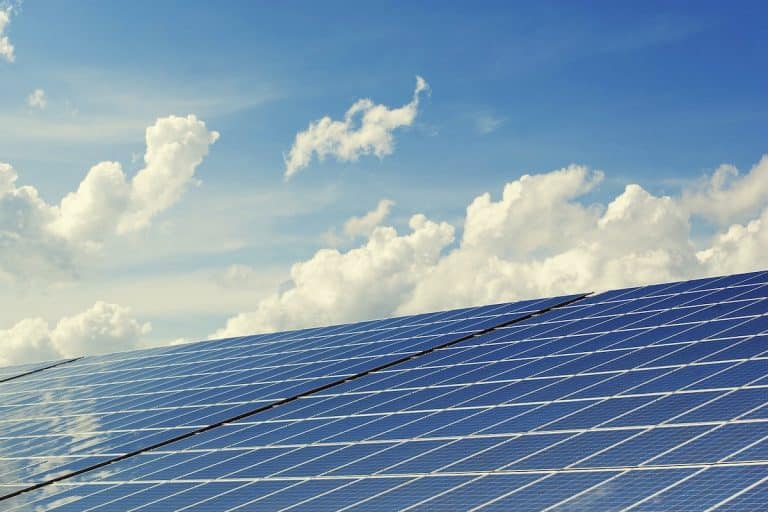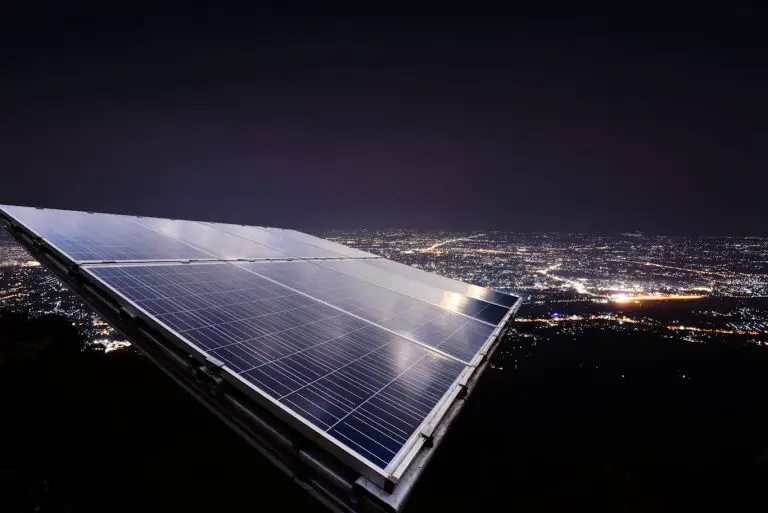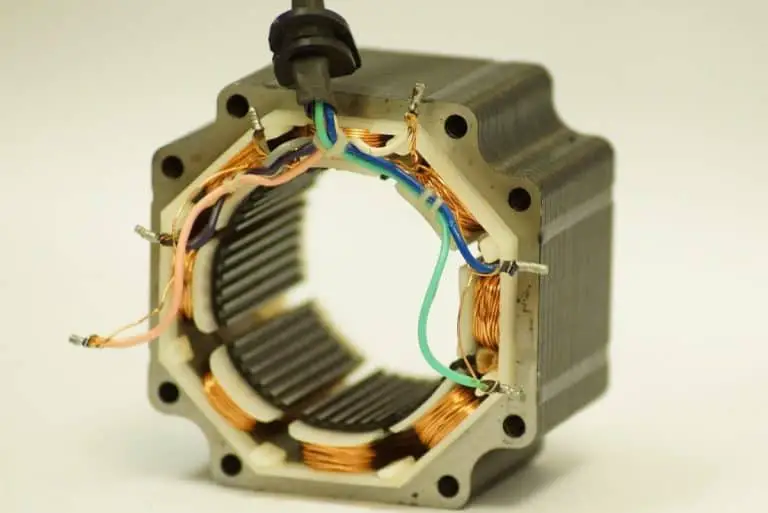Solar Blanket Vs. Solar Panels: Which Is Better?
Are you wondering if it is better to use a solar blanket or a solar panel? Both are suitable methods to harvest the sun and produce electricity, but each has positive aspects and negative points.
Depending on what you plan to use them for, you need to decide whixh to use that best suits you and fits your activities. This article goes over solar blankets and panels, outlining the positive and negative points.
What Is A Solar Blanket?
You can consider solar panels as a type of solar panel that looks like a blanket; the name “solar blanket” comes from this similarity. The main peculiarities of solar blankets are:
- Space efficient
- Low weight
- Durability
- Practicality
Solar blankets are best for people who like traveling and do not have a lot of space or a proper setup for something bigger and heavier. These include solar panels, generators, or other systems to produce energy.
Solar blankets can be placed anywhere and are easy to use. It is not required any particular skill to unfold a solar blanket and let it hang from your tent or drape it over a car, camper, or similar. In addition, when it is time to leave, solar blankets are easy and fast to fold and store. (source)
What Is A Solar Panel?
A solar panel is a board covered with PV panels to collect the sunlight and convert it into electricity. In general, you can mount solar panels on the house’s rooftop, but those are heavy and big and are meant to provide a lot of electricity for the household, and are not portable.
Portable solar panels are a smaller and lighter version of the typical house panels. You could say that solar panels are like a solar blanket but can generate more energy and are heavier.
There are many types of solar panels, which are:
- Flexible or portable panels
- Rigid or fixed panels
- Solar phone chargers
(source)
What Are Their Differences?
In general, portable panels are perfect for traveling and provide constant renewable energy when necessary. Fixed panels are also a great solution if you have an RV; they are set up once and do not require further attention.
In addition, panels attached to the vehicle can charge while driving, and they can continue charging while parked.
Folding solar panels are relatively affordable, and you can move them to harvest the sun where it is necessary. In addition, they are easy to set up, even for beginners.
Fixed panels are simple to use, can function even when moving, and you can install more than one panel. But they take roof space and require cabling.
On the other hand, flexible panels are convenient because you can use them on curved surfaces and are very lightweight, durable, and easy to install.
But remember that flexible panels are easy to damage and subject to scratches, so you have to take extra care.
What Are The Advantages Of Solar Blankets?
Solar blankets are best suited for travelers that need to economize space since it is possible to fold them and are easy to transport without using too much space in a vehicle.
In addition, solar blankets provide a lot of flexibility to people regarding where to place them. Here are some of the benefits of solar blankets:
- Are lightweight
- Can be folded
- Occupy less space
- Easy to transport
- Easy to set up
- High resistance to accidents
Solar Blanket Pros Explained
Since they are not so rigid and are pretty lightweight, it is possible to place them on the bonnet of a car, on the sunny ground, or anywhere where it is possible to lay a blanket type of solar panel to get the sun.
Solar blankets are built with small cells and coated with durable materials. High-quality solar blankets are made with better materials and can be more resistant to bad weather, falls, and blows.
Those traveling a long distance can find solar blankets convenient because, when folded can be stored under the car seat and will not take up the space of other essential items necessary during the trip.
What Are The Main Disadvantages Of Solar Blankets?
While there are many good things about solar blankets, there are still a few negative points. For example, it can be challenging to position solar panels properly and get them to have the right angle to take the most advantage of the sun.
Positioning solar blankets on a flat surface is not the best to have them take the maximum advantage of solar energy. It is always better to place them at an angle from 14 to 40 degrees.
While most people would position them on top of the car bonnet, on the ground, or in similar ways, it is generally not always the right angle. In addition, they have to be manually rotated during the day to face always the sun.
What Are The Advantages Of A Solar Panel?
Solar panels come in different forms and present a series of advantages, for example:
- Relatively easy to set up
- Can be moved to the most needed place (portable panels)
- Low maintenance required
- Water resistance
- Easy to maintain
- Allow the usage of batteries to store energy
- You can install it anywhere there is sun
- Safe and renewable energy provider
Solar Panel Pros Explained
Portable solar panels are convenient and versatile because they are not fixed to a surface. But fixed panels such as the one mounted on a rooftop or an RV roof are still very advantageous since they can make you independent from the grid for a long time.
Solar panels are relatively easy to install, although the one applied on a rooftop can require more work than fixing portable panels on the top of an RV. But since there are many types and models available, it is possible to set up a solar panel virtually everywhere.
Solar panels are quiet, and if you use a portable one, you can place them where there is the sun while you park your car or RV in the shade.
What Are The Disadvantages Of Solar Panels?
Solar panels can be costly initially, although one can make up for the initial investment by lowering the electric bills in the future. On the other hand, bigger solar panels require a lot of space and can be pretty heavy.
Fixed panels are installed once and do not require further attention, but you can’t move them in case of necessity. Portable solar panels can be moved easily but might not provide as much electricity as fixed or rooftop panels.
Another disadvantage is that you have to choose the panels based on the available space, which could limit the electricity you can harvest.
What To Look For When Considering A Solar Blanket Or A Solar Panel?
When you are getting a solar blanket or a solar panel, you should take note of some things. If you want to get a good product, you should consider the following:
- Efficiency
- Weight
- Energy output
- Durability
- Initial investment
- Weather resistance
- Portability
- Power storage options
- How long does it take to charge a battery
Efficiency
One of the first things to verify is the efficiency of the solar panel or blanket you will get. The efficiency is the ability of the solar panel to convert sunlight into electricity.
In general, you could consider a solar panel efficient when it can react and has an efficiency above 20%.
Remember that efficient panels do not need as much space to generate the same electricity as less efficient panels, although the costs are higher.
If you do not need a super-efficient solar panel, you can economize money initially. Still, if you have limited space and require more electricity, you might need to go for more efficient solar energy systems.
Electricity Required
Another essential consideration is the amount of electricity you need. You should figure out how many watts your devices or appliances need to use to calculate the amount.
Once you calculate the watts per hour, you can determine the solar panels needed and the eventual battery capacity required.
Weight
Weight can be significant when considering a solar blanket or a portable solar panel. It is a factor that determines portability and practicality if you have to move around a lot and if you need to move the board often to catch the sun.
Portability
Going for a fixed solar panel might not be good if you need solar energy in different settings such as camping, hiking, or other outdoor activities. Still, a solar blanket can be a better solution.
But if you need a lot of energy to power appliances in your RV or house, you surely can go for different types of solar panels.
How Long Does It Take To Charge
The energy that a solar panel can harvest depends on its size and the time you expose them to sunlight. For this reason, many factors are essential such as the efficiency, size, portability, and flexibility of each panel.
In general, if you get a panel with high efficiencies, such as 22%, you can take the most advantage of the pick hours of sunlight, which can last between 2 to 7 hours. If the panel is easy to carry and position, you could even position it at the best angle for maximum efficiency.
Durability
Durability is an essential factor because it can impact your economy and the possibility to use the solar panel as much as you want. If you use your panels a lot, as in the case of a solar blanket or a portable panel, higher quality and durable product can be more beneficial over a long period.
You also want your panels to withstand accidents and eventual blows.
Warranty
A warranty guarantees that you will get a new product in case of production defects, if the panels are lasting for too little time or in case something breaks.
However, you should scrutinize the warranty since solar panels can be expensive, and the warranty does not necessarily cover every malfunction or accident.
Not all warranties are equal. Ultimately it can vary depending on the manufacturer; this is why it is good to ask what kind of warranty is available before making a final decision.
Compatibility With Other Devices
Before making a final decision, it is essential to know what your solar panel can power (gadgets or appliances).
The best way to go about it is to list all the devices you wish to run by your solar system and then determine if your new solar blanket or panel is compatible.
The main objects powered by solar panels can be phones, batteries, LED lights, fans, portable fridges, and laptops.
What Is The Best Type Of Solar Blanket?
The best type of solar blanket should have the following characteristics:
- A high number of microcrystalline cells
- Lightweight
- Quality of materials
The best types of solar blankets have many microcrystalline cells, making them more efficient and capable of harvesting more sun. Unfortunately, since they are more efficient, they are also pricy.
Thin silicon wafers are cut with the saw to make solar blankets and, in general, can produce more energy than other types of solar blanket that uses different materials.
The most common type of solar blanket uses polycrystalline silicon (the cheapest form of photovoltaic cells), which is still a suitable material, but not as efficient as the one mentioned earlier.
Take note of the weight since solar blankets should be folded and carried around. Therefore, the best type of solar blanket should be as light as possible. The typical weight can go from 2 to 16 kg.
Which Is Better Solar Blanket Or Solar Panel?
The best type of solar blanket should have the following characteristics:
- A high number of microcrystalline cells
- Lightweight
- Quality of materials
Solar blankets are better for those traveling a lot and have space considerations. In contrast, solar panels are a more stable and fixed solution for those who plan to stay out a lot and use many appliances for an entire household.
The Bottom Line
Ultimately depends on the individual needs, preferences, and the budget at disposal. Blankets are much more flexible and portable, although you have to set them up each time manually. Solar panels can be bigger and provide more energy, but they are not so movable or foldable.
Panels can be fixed on a rooftop or house and require no further attention, while portable panels can be easily placed at a proper angle to harvest the most sun during the pick hours. But, solar blankets are also expensive compared with other panels but are practical.
Solar blanket areas are easy to steal. It is not the same with fixed panels or other portable panels since they cannot be folded and packed so easily.
Those going outdoor with an RV might prefer fixed panels on the roof to run all devices from a location without setting it up each time they need to charge the batteries.
How Do Solar Panels Work?
Solar panels collect energy from the sun and can convert sunlight into electricity with a complex system. Each solar panel comprises individual solar cells made of silicon, phosphorous, and boron.
Those elements make it possible to absorb the photons from the sun and create electricity. The current generated is collected into batteries or can be used to power appliances directly.
Power devices directly from solar panels require a converter and a proper setup.
The more cells in a panel, the more electricity can be generated. In the case of a house, since the roof is quite large, there is enough space to place enough panels to provide enough electricity for all the appliances. (source)
Frequently Asked Questions
Is A Solar Blanket Waterproof?
In general, a solar blanket is water-resistant but not waterproof. Water can get through the solar panels and cells and damage the system. Solar blankets can’t be left outside in the rain or should not get near the water if you are near a river or lake because they can get damaged and unusable.
What Should I Look For In A Solar Blanket?
The main things to look for in a solar blanket are convenience, portability, quality of the materials, durability, and lightweight. In addition, efficiency is a crucial element. If a solar blanket has quality materials, it can be more efficient, meaning that it can provide more power with less exposure to the sun.
How Do You Angle A Solar Blanket?
Solar blankets need to be positioned at a proper angle to make a direct line with the sun for the most efficiency. The appropriate angle is supposed to be between 30 and 45%. The wrong angle can significantly reduce the power output. A minus point to solar blankets is that they are challenging to position at the correct angle due to the blanket-like design.
